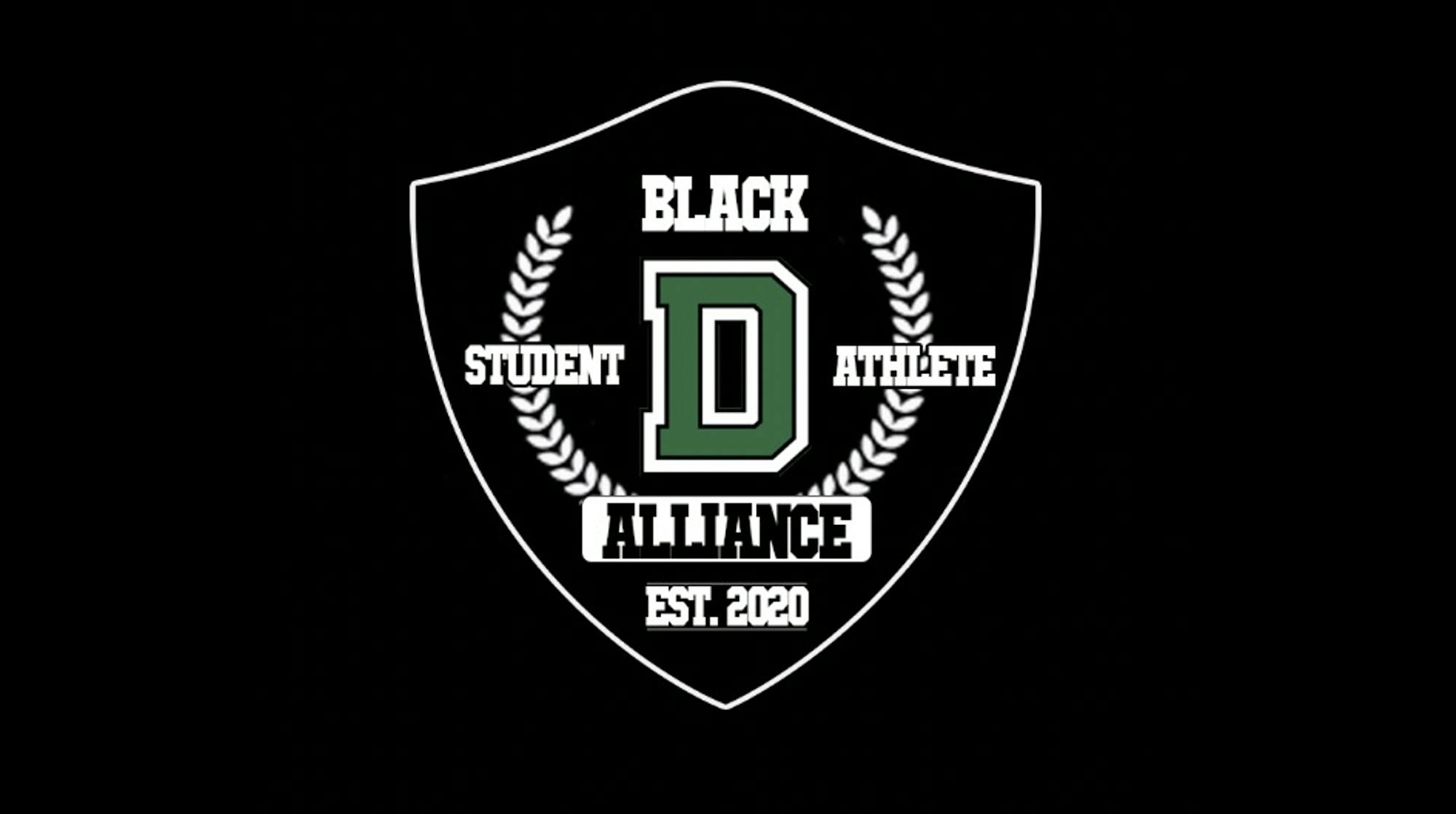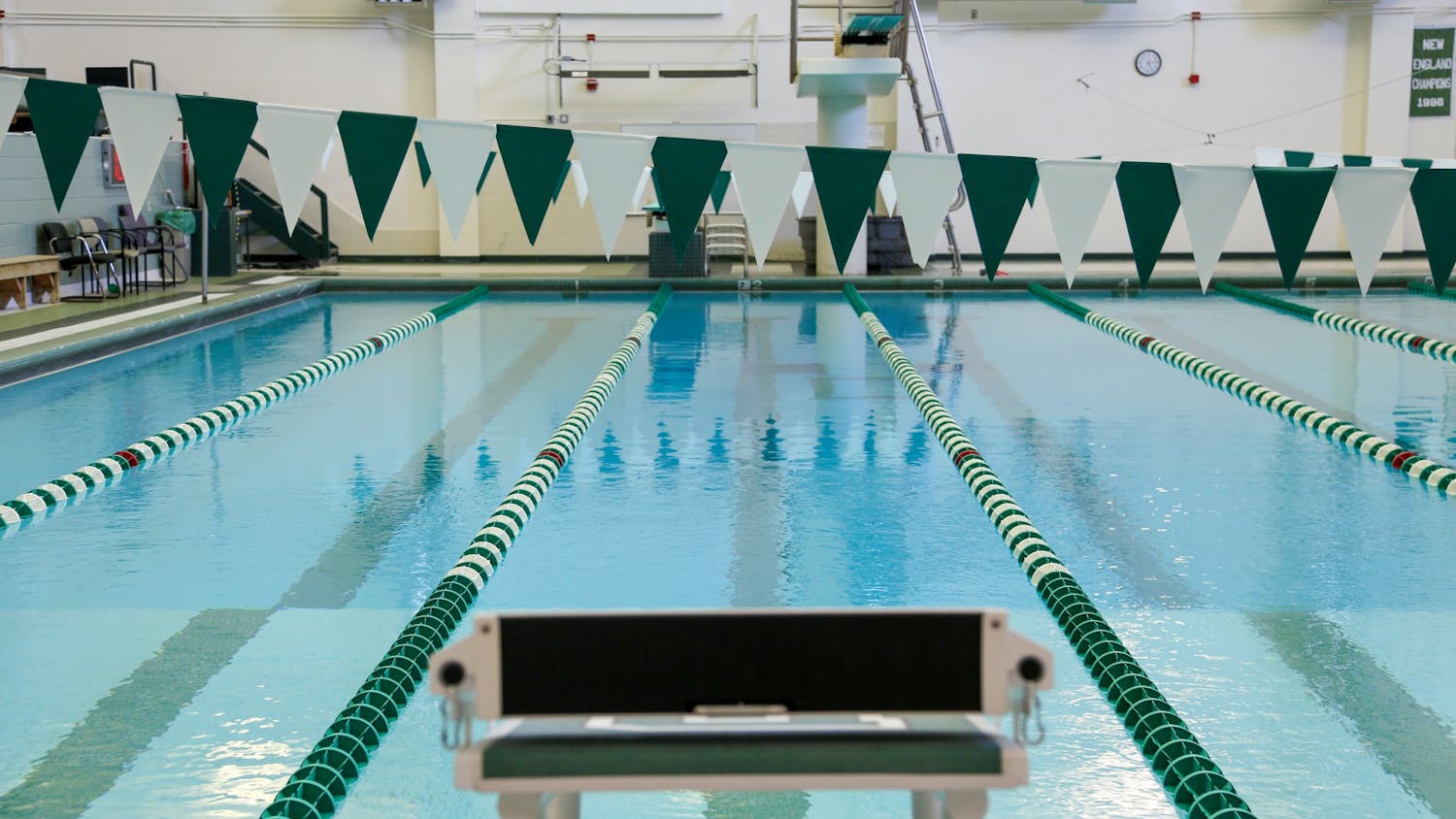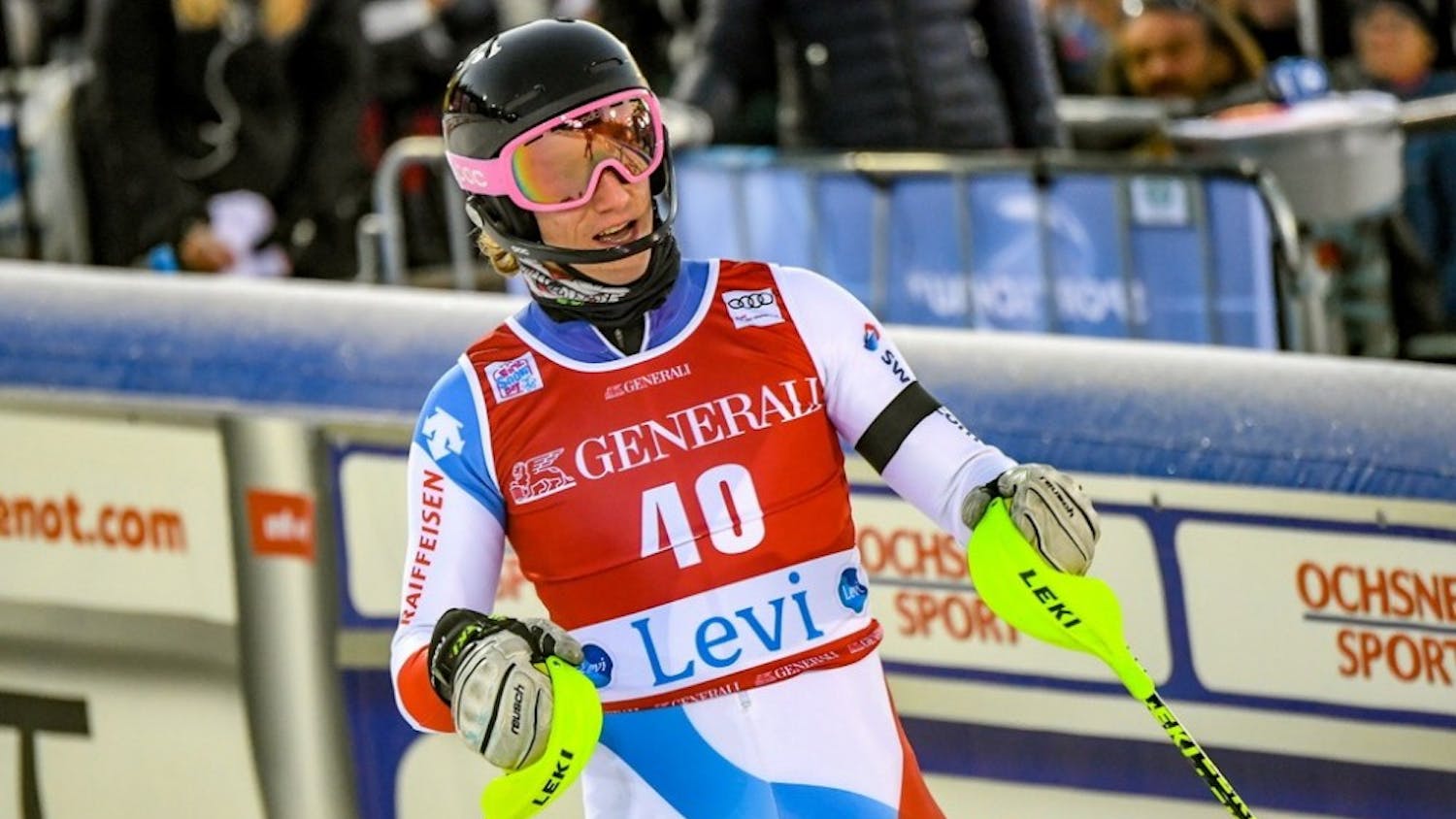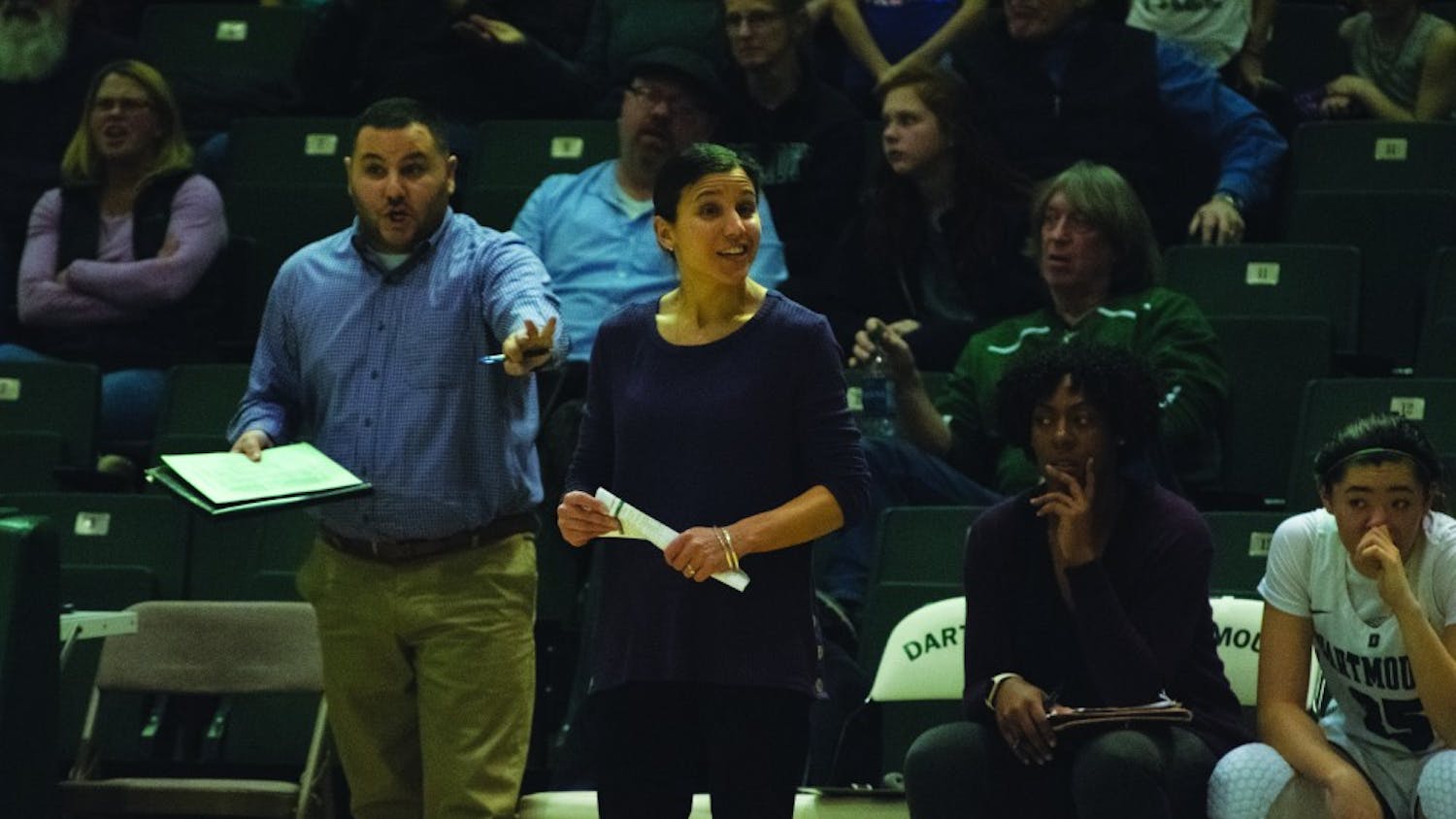In response to nationwide calls for a greater focus on anti-racism in the wake of George Floyd’s death, coaches and student-athletes across the Ivy League are taking action to stand against anti-Black racism.
The men’s and women’s head basketball coaches in the Ivy League are leading the charge, having set aside their typically competitive mindsets to collaborate in their fight against racial inequality.
Dartmouth’s head women’s basketball coach Belle Koclanes and head men’s basketball coach David McLaughlin have committed to support the Black Lives Matter movement through the Ivy Promise, a pledge signed by all 16 Ivy League basketball coaches in June that promotes racial justice.
Koclanes said that the pledge started as a conversation between the coaches, and soon the goal shifted beyond issuing statements.
“We wanted to be more action-oriented with our communication,” Koclanes said. “The way we teach — everything is about action.”
Initial action items of the Ivy Promise include buying from Black-owned businesses and volunteering with local organizations. Teams will also use their platforms to celebrate Black History Month in February. Additionally, the NCAA has recently approved legislation that requires the suspension of all mandatory athletic activity on the first Tuesday after Nov. 1 every year — including this year’s election day.
“You always say ‘where can you make an impact?’ and voting is a significant place,” McLaughlin said. “We’re making sure that we have registration 100% across the board and that guys have access and understand the process of absentee ballots.”
McLaughlin added that the men’s team will also be partnering with Coaching4Change, a nonprofit that connects college student mentors to under-resourced school systems.
While some of the men’s and women’s basketball teams’ goals are more future-oriented, assistant women’s basketball coach Lakin Roland ’16 said that players are supporting Black-owned businesses wherever they are currently located. When the team begins to travel for games, Koclanes said that they will prioritize getting meals from Black-owned restaurants.
Both the men’s and women’s basketball teams incorporate education and conversations into their action plans by dedicating time in team meetings specifically for dialogue about race. Roland said that the athletes are taking initiative to find educational resources about topics such as voter suppression or police brutality, which are presented by players themselves to engage the rest of the team.
“The little things always matter — a single conversation with one of our players about race is impacting change,” Koclanes said. “A lot of the small gestures or intentional actions or conversations lead into the bigger picture to help move forward.”
Student-athletes have also taken action to promote racial justice on campus. The newly founded Dartmouth Black Student Athlete Alliance hopes to foster a community among Black athletes and address racial inequality at Dartmouth. Co-founder Tola Akinwumi ’21, a member of the volleyball team, said that she wanted to create a formal space to discuss the Black student-athlete experience at Dartmouth.
“A lot of us didn't really know each other, but across the board, [there were] similar things that we were all experiencing, so we wanted to find a way to bring people together,” Akinwumi said.
Co-founder Garrison Wade ’22, a player on the men’s basketball team, said he wanted to connect members of the Black student-athlete community, especially athletes who may be the only Black member of their team. Wade added that he hopes to share resources through DBSAA to “close the gap” that he sees between Black and white students.
DBSAA specifically intends to promote networking and connect with alumni. Akinwumi said that while there is currently career support from the Center for Professional Development and Dartmouth Peak Performance, a resource specific to Black student-athletes would be beneficial.
“If we can have a smaller [networking] session with people who look like us, that might go a longer way than with a professor you've never seen before or alumni from the lacrosse team that have a completely different experience than you,” Akinwumi said.
Naeem Morgan ’21, a member of the football team and a DBSAA leader, said that feeling “alienated” by being Black, as well as being an athlete, resonates with both current Black student-athletes and alumni. This, Morgan said, has helped to form a strong community.
Other DBSAA initiatives include hosting life-skills workshops, which focus on topics like financial literacy and professional development. Associate athletics director for varsity sports and DBSAA advisor Jen Chuks said the workshops can help “even the playing field of information.”
“We found that when you're comparing yourself to your white counterparts, they might be able to come in and explain what a 401(k) is because their parents helped them do that, or explain the importance of what a salary means. They might be a little bit ahead on that education,” Chuks said. “We want to give those hard transferable life skills [to Black student-athletes] early on in their career.”
Akinwumi said that she is also advocating for an implicit bias training for coaches and players.
“It’s the jokes with your Black teammates or the ways in which you speak about your Black teammates [that can be] implicitly racist, but [teammates] don't understand that it's racist,” Akinwumi said. “Those are the main ways where I think that it causes that discomfort for a lot of Black players.”
Chuks said that she hopes DBSAA establishes a voice in the athletic department to empower Black student-athletes who may want to address instances of discrimination, especially on teams that only have one or two Black athletes.
“Everyone's voice gets stronger when there are more people in the room,” Chuks said. “I think [DBSAA is] going to be able to do really great things for our student-athletes who feel like they're alone on their teams.”




